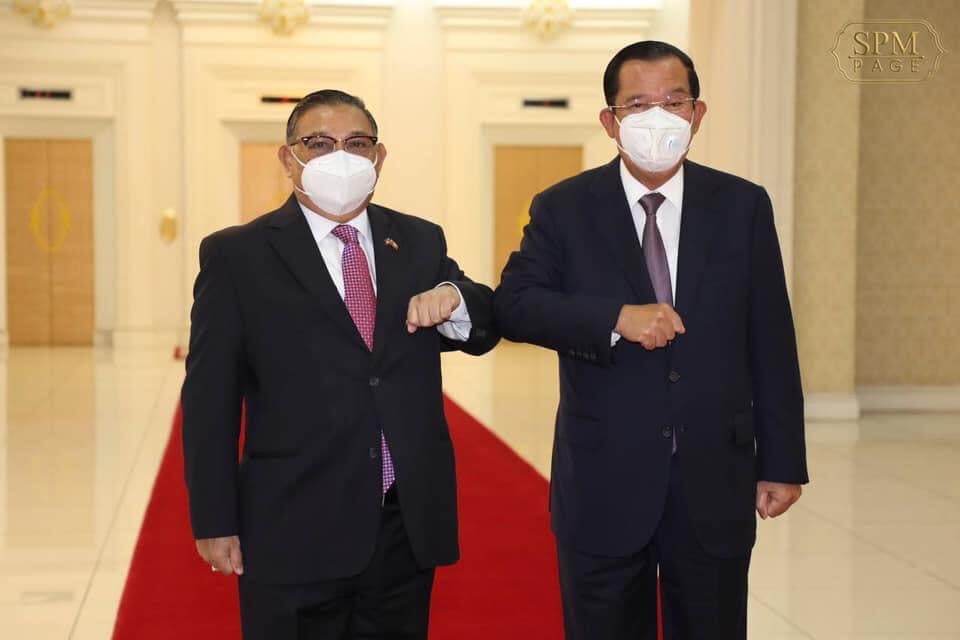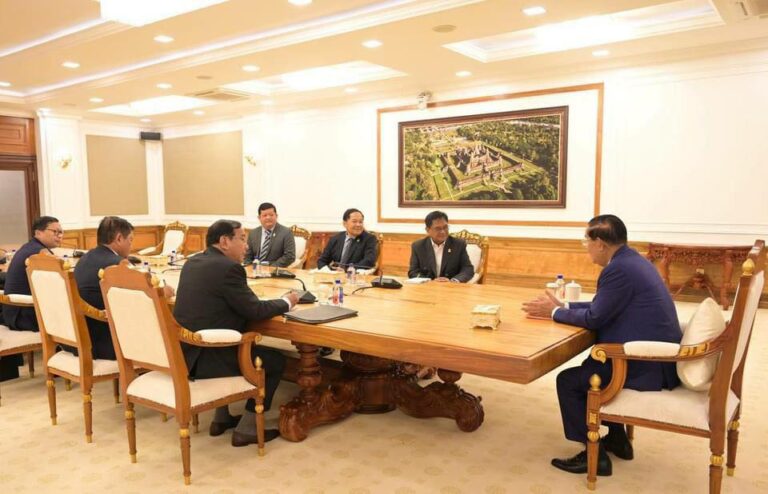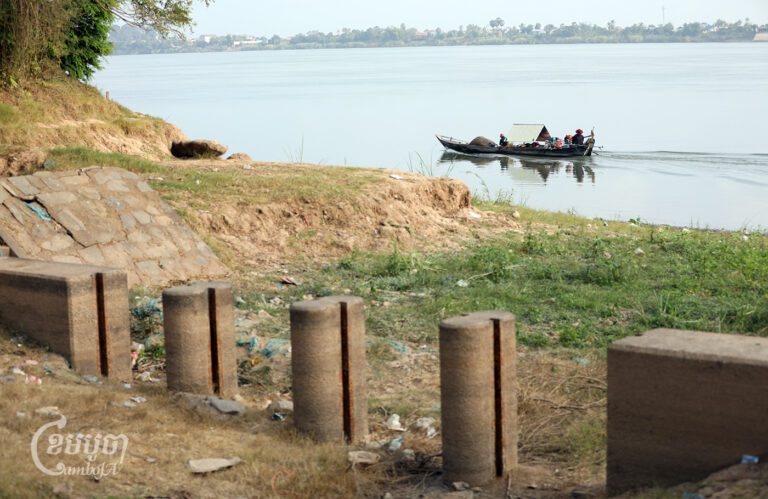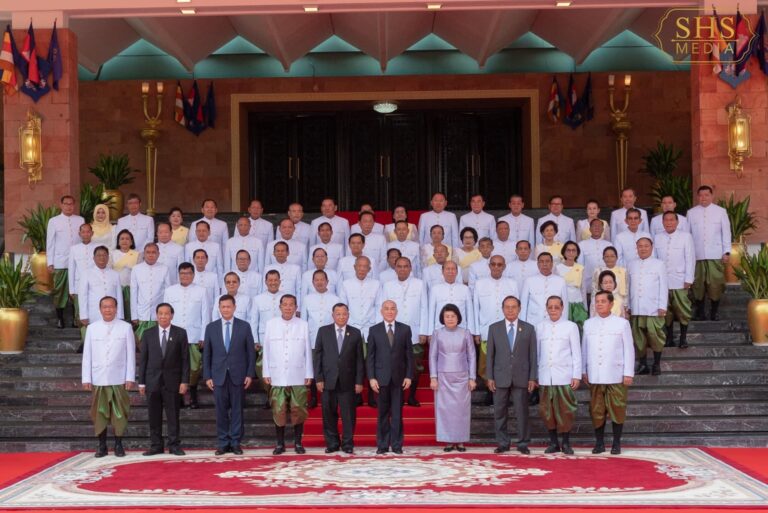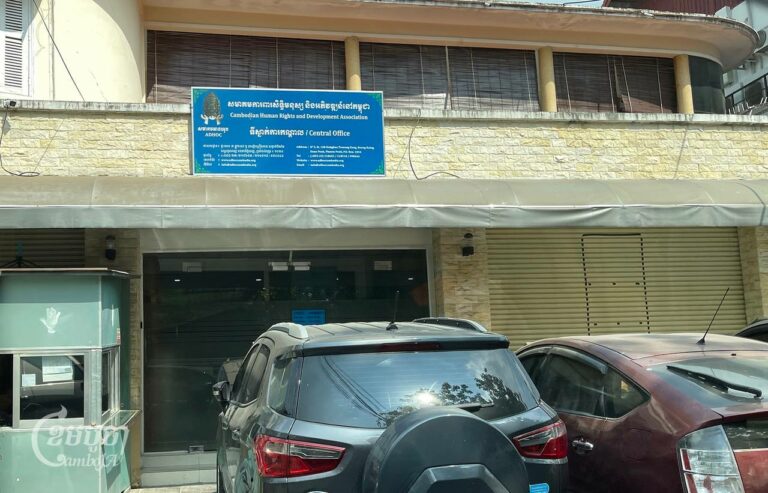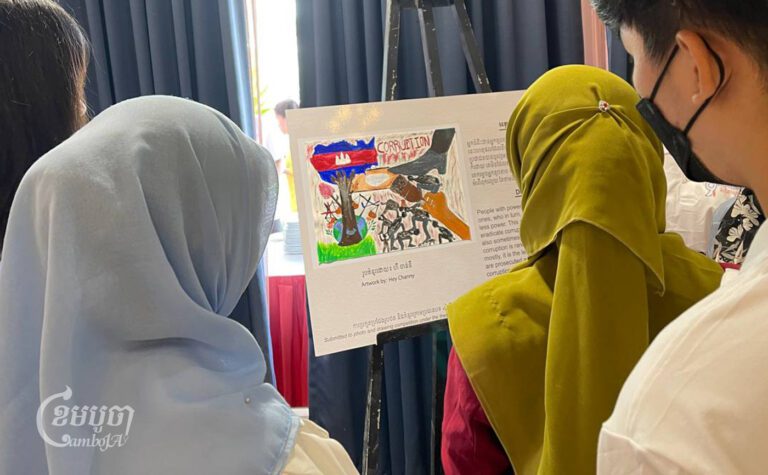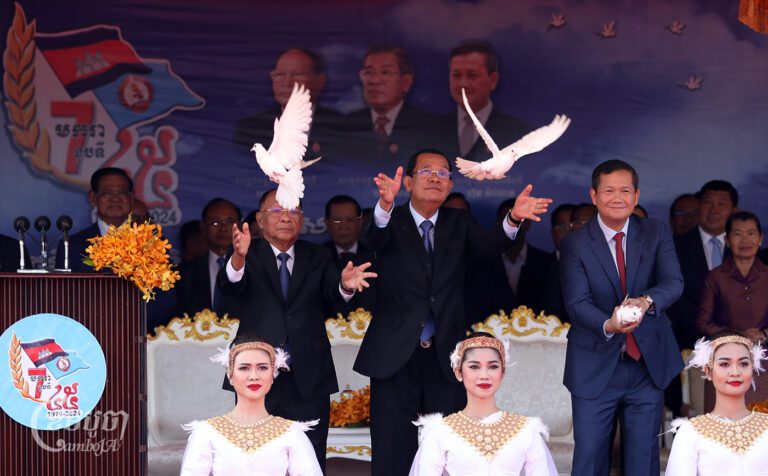Prime Minister Hun Sen on Wednesday reaffirmed his intention to visit Myanmar to meet with the military junta that seized power in the February coup. Hun Sen also defended Cambodia’s upcoming ASEAN chairmanship, saying that China had no influence over his country’s position on the contested South China Sea.
The prime minister announced last week that he will undertake a two-day visit to Myanmar on January 7-8 in an effort to restore normality to ASEAN proceedings. Senior US state department official Derek Chollet, who is visiting the region, urged Cambodia not to make any concessions to Myanmar’s military junta.
“I say again that I will visit Myanmar in January, [you] cannot stop me, and give me a chance to do it,” Hun Sen said during the inauguration of a new hotel in Phnom Penh on Wednesday.
He pointed out that ASEAN has its own constitution, and insisted on returning the regional bloc to its full strength of ten members, stressing the need to work with the government currently holding power.
In responding to questions of whether Cambodia can resolve the issue of the Myanmar junta, Hun Sen said that any resolution would have to come from Myanmar itself, saying that the regional bloc was only one part of helping the member nation find a solution.
“It isn’t based on whether Cambodia can resolve it or not, but Cambodia will try to compromise the situation of Myanmar to return it to a better situation,” he said.
Myanmar has been in chaos since the generals ousted and arrested Aung San Suu Kyi’s civilian government in February. The military soon declared a state of emergency and claimed it would hold a new election this year.
Regarding Cambodia’s chairmanship of the ASEAN next year, Hun Sen cautioned observers not to blame Cambodia if the summit fails to achieve a code of conduct (COC) in relation to the disputed territory of the South China Sea, which has seen different Southeast Asian nations as well as the People’s Republic of China championing competing claims to the islands and waters of the region. Cambodia was heavily criticised following its chairmanship of the 2012 ASEAN summit after blocking any mention of the South China Sea in a proposed joint statement. For the first time in the bloc’s 45-year history, no joint statement was issued.
The prime minister explained that in 2012 Cambodia couldn’t issue a statement due to a number of countries asking that Cambodia recognize their claim to disputed areas within the South China Sea.
“You didn’t know what happened at that time, it isn’t for Cambodia to protect China, but the problem came from countries who have claimed territory in the South China Sea demanding the ASEAN chairmanship [Cambodia] to issue a statement to recognize that the island belongs to this country, and these territorial seas to those countries,” he said.
“I want to send a message to the world, please clearly know the facts of the issue in 2012 of not issuing the statement, what was behind it,” he said. “[They] forced Cambodia to make a judgment.” He added that he encourages the countries involved to resolve their problems together, saying that neither ASEAN nor the United Nations have the right to measure the land instead.
“I now clarify beforehand that I will make an effort to work with ASEAN countries, including the People’s Republic of China, to make an effective negotiation, and reach an acceptable COC,” he said.
Sophal Ear, a Cambodian political commentator and associate professor at Occidental College in California, said that the prime minister is once again trying to milk ASEAN for everything he can get out of the organization, accusing the prime minister of having basically destroyed ASEAN in 2012.
“It is all about scratching each other’s backs. No-one should forget what is happening in Cambodia in terms of human rights abuses, destruction of democracy, and shrinking of freedom.”
Seng Sary, a political analyst, told CamboJA that he supported Hun Sen’s stance towards resolving the crisis in Myanmar, noting that as ASEAN chairman he will raise the issue in the summit’s agenda next year.
“In my personal opinion, I supported the decision of the government to compromise to resolve the political crisis in Myanmar,” he said. He added that without consensus between the ten ASEAN nations, no code of conduct for the South China Sea could be completed.
“Now it is time to stop using the strategy [to pass the issue from country to country like a ball],” he said. “It should create a new habit of resolving issues within the region rather than letting outsiders interfere in ASEAN’s affairs.”


